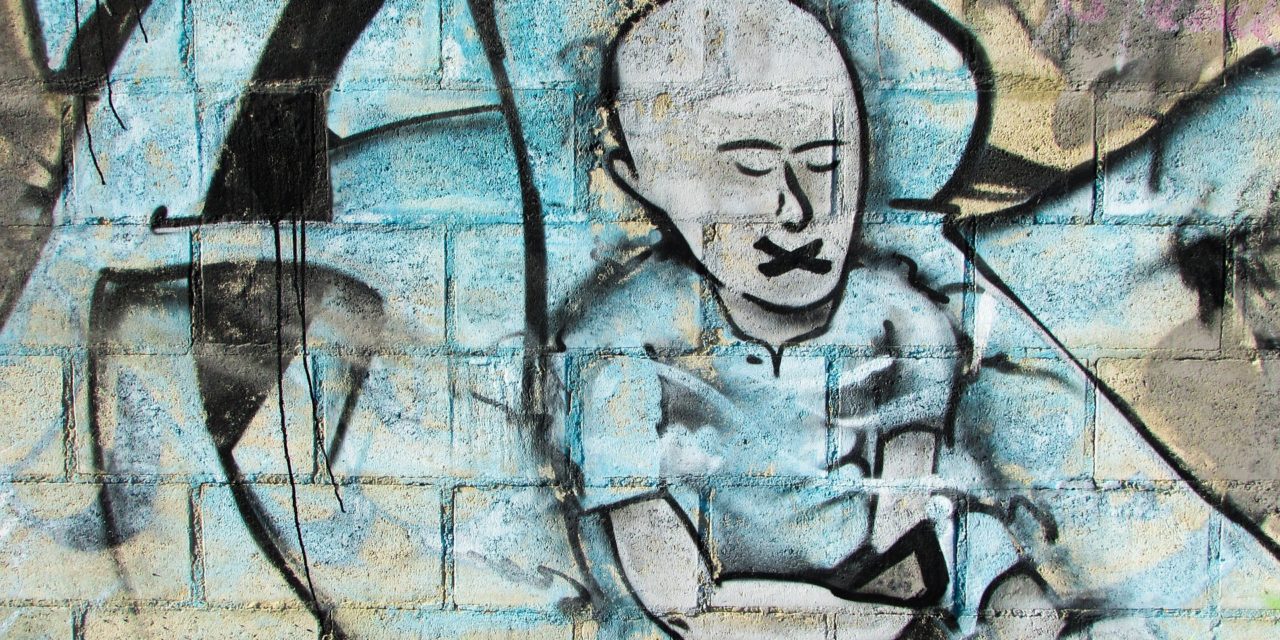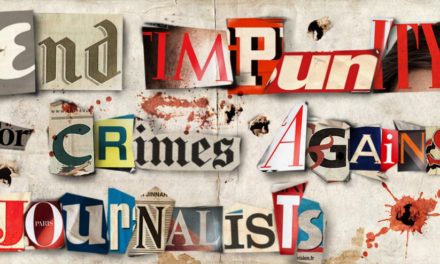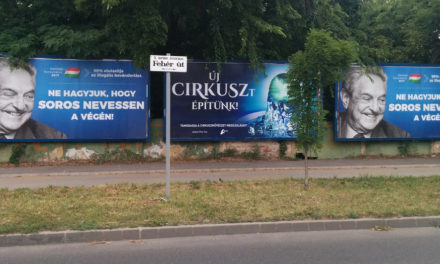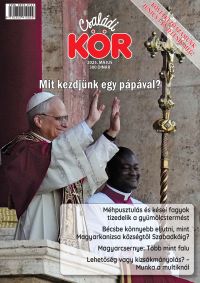Unusual rules prevail in the state media conglomerate. Anonymous journalists appear in foreign correspondent posts, articles on sensitive topics [are] set off on mysterious paths, and certain expressions cannot even be used.
At the end of November, the MTVA [Media Services and Support Trust Fund, Hungary’s state-controlled umbrella organization overseeing all public-service media] management recalled their correspondent, Artúr Bajnok, from Brussels on short notice. It was also a surprise to professional circles since last year, the young man was awarded the Junior Prima Prize for his outstanding work. According to our sources who have insight into the events, based on their previous positions, the choice of the person to replace him caused an even greater shock. [She is] Eszter Andits, who had been an assistant to one of the Fidesz [Hungarian Civic Alliance] representatives in the European Parliament, has never been a journalist. Although, according to her own LinkedIn profile, she has studied in many places. Among others, she has also attended international and European communication training opportunities. In her previous jobs, such as the Ministry of Human Resources, she had dealt with international relations.
Some people must have certainly raised their eyebrows because Eszter Andits obtained a master’s degree in comparative history from CEU [Central European University] in 2010, and during her studies, she wrote a longer paper on the repression of homosexuals under the Italian fascist system.
However, many things have already been seen in the news factory that was built on the ruins of the former MTI [Hungarian News Agency]. The Brussels correspondent post actually devours journalists, since Artúr Bajnok was, in a short time, the third person who was not to the regime’s liking. It is memorable, for example, that three years ago, János Kárpáti, who had a 35-year history with the MTI, was recalled home and was fired, after he dared to ask Prime Minister Viktor Orban a substantive question at a news conference, which had not been approved in advance. (After that, János Kárpáti joined Népszava.) Our sources also seem to believe that the entire foreign correspondent network is being “screened.”
Duna Media Service Nonprofit Ltd., which has a budget of 83.2 billion forints [$283 million] this year, is “the only public service media provider in Hungary.” In this capacity, it combines the activities of the former Duna Television, Hungarian Radio, Hungarian Television, and the Hungarian News Agency [MTI]. It is typical of the conditions prevailing on its turf that foreign policy editors are no longer able to deal with Hungarian-related articles in the foreign press that are negative about the government. A few weeks ago, an editor, supervising them, blocked [the publication of] announcements by the international human rights organizations Amnesty International and Human Rights Watch. According to our information, articles that contain names of members of the Hungarian government, especially of Viktor Orbán, are waiting for hours for approval, probably from someone from outside [the newsroom]. Some articles are not returned at all, others [are returned with] inserted official reactions. People who have worked at the Hungarian News Agency, which traces its history back to 1880, do not remember such a thing [happening] even during the years before the regime change.
Published material is heavily filtered in other subject areas as well. For example, in recent weeks, the American Anti-Defamation League’s survey, which found that anti-Semitism is intensifying in Europe, especially in Poland, Ukraine, and Hungary, was considered not to be newsworthy. The UN report criticizing the imprisonment of refugee children has also been made to “disappear.”
In recent weeks, international reactions to the October municipal elections [in Hungary] were not the only ones that became taboo. Pedophilia among priests also appeared among the forbidden topics. It is true though that this “modesty” in editing was already in action at the time of the scandal, which erupted upon the news about the past deeds of [former mayor of the city of Győr] Zsolt Borkai. According to our sources, in the case of the, in principle independent, Duna Media Service, it is warmly recommended that foreign events should be treated according to the Hungarian government’s political views. In case of Brexit, it is Boris Johnson; in case of America, it is Donald Trump; and in case of Turkey, it is Recep Tayyip Erdoğan whose opinions matter. Human rights or freedom of the press in Russia need not be addressed at all.
We asked the company about the recall of Artúr Bajnok and the editorial principles of the news agency operating under the Duna Media Service. For the past two days, we have not received any response to these questions.
By Gábor Horváth, Népszava, Budapest, November 29, 2019
Illustration: Pixabay





